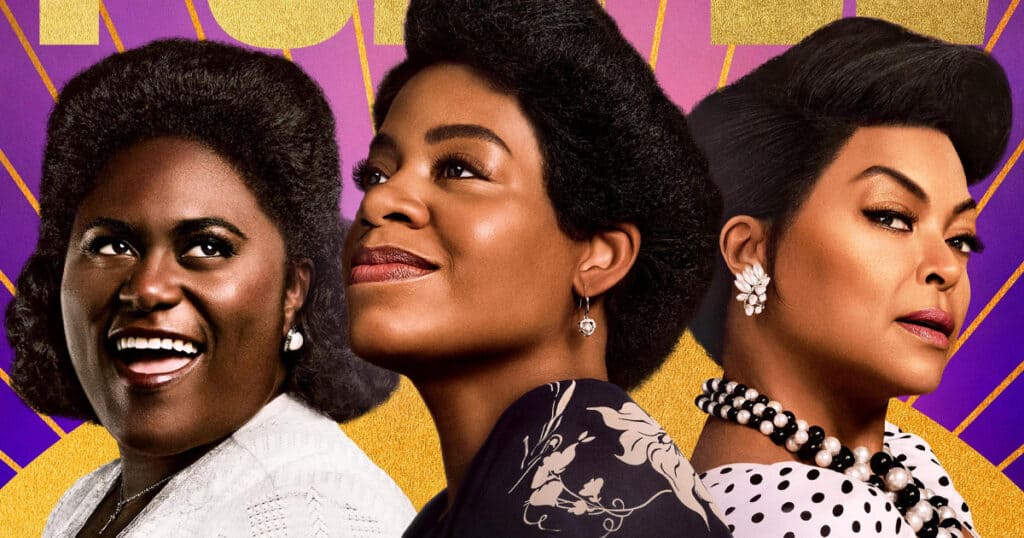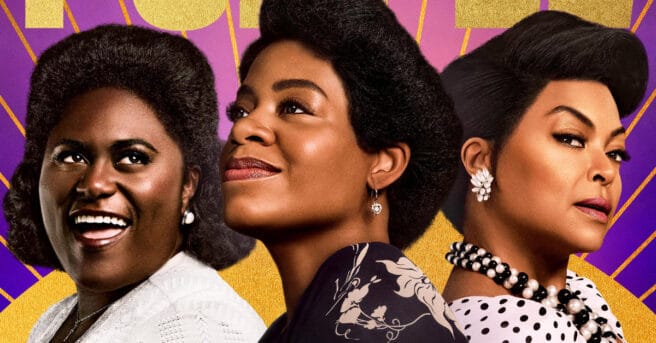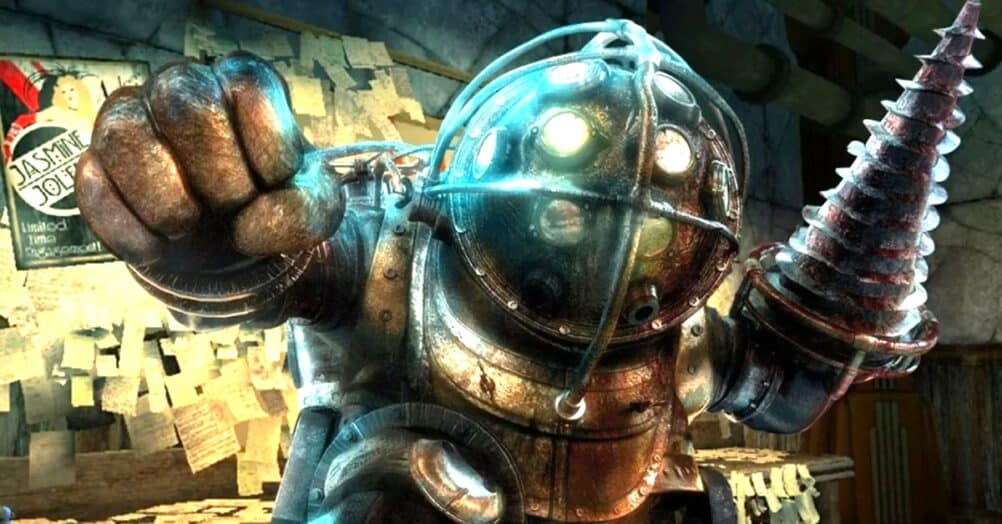PLOT: A young black woman in the South overcomes decades of cruelty to find her voice and live the life she always dreamed of.
REVIEW: Some may have been wary at the thought of a musical remake of Steven Spielberg’s The Color Purple (based on Alice Walker’s novel). With its themes of rape, incest, abuse and cruelty, it didn’t seem like a natural pick to get an “all singing, all dancing” big-budget musical remake. Still, it works much better than it should, thanks to a creative director, a terrific cast and a surprisingly adaptable story to a different kind of genre.
In truth, I didn’t feel like I would like it for about the first twenty minutes of Blitz Bazawule’s The Color Purple. The grim story kept me at arm’s length, and the song wasn’t doing it for me. But, after a little while, something happened, and I started to get sucked into the movie. It cast a bit of a spell on me, and by the time the closing credits rolled, I couldn’t help but feel moved by what I’d seen.
While different than the Steven Spielberg version, I wouldn’t call it watered down. In this film, Celie Harris (Fantasia Barrino) plays just as tortured a heroine as Whoopi Goldberg did, with her the victim of rape by her father and decades of abuse by her husband, Mister, played by Colman Domingo. None of the rough edges are sanded off. However, Bazawule can go further in his depiction of a lesbian relationship between Celie and Taraji P. Henson’s bisexual Shug Avery than Spielberg was allowed back in 1985. Barrino is excellent as the permanently beaten down Celie, who, nevertheless, starts to find her voice thanks to the kindness of people like Shug and her compassion for others. Colman Domingo has one of the more challenging roles, having to somehow evoke some layer of sympathy for Albert “Mister” Johnson despite his abuse of Celie. It’s a testament to Domingo’s strength as an actor. He makes the character palatable like Danny Glover did in the original, making you invest somewhat in his redemption despite his many sins.
If this version of The Color Purple differs from Spielberg’s, it’s mostly that forgiveness is more of a palpable theme here than it was in the original film. In that movie, a character like Albert could find a trickle of redemption but not forgiveness. That gives this a somewhat more uplifting vibe than Spielberg’s film, even if parts of it are just as grim.

One thing everyone remembers about the original is how Oprah Winfrey won an Oscar for playing Sofia, the headstrong wife of Albert’s weak-willed son, Harpo. Lightening could strike twice, with Danielle Brooks delivering a powerhouse performance here (she’s already been nominated for a Golden Globe). She owns much of the film, with her the live-wire boost of energy the movie needs, making her eventual fate all the more heartbreaking as we watch the life drain from her eyes following a brutal run-in with the white mayor’s wife.
Indeed, The Color Purple does a pretty good job making an essentially tragic story uplifting, and it could well turn out to be a surprise hit at the box office, as many people out there love Spielberg’s original. With the man himself on board as a producer (along with Oprah and Quincy Jones), he seems perfectly content to hand the story to a new generation of talented black artists. While it took me a while to settle in, I can’t deny that they did one heck of a job at the end of the day.




















Follow the JOBLO MOVIE NETWORK
Follow us on YOUTUBE
Follow ARROW IN THE HEAD
Follow AITH on YOUTUBE